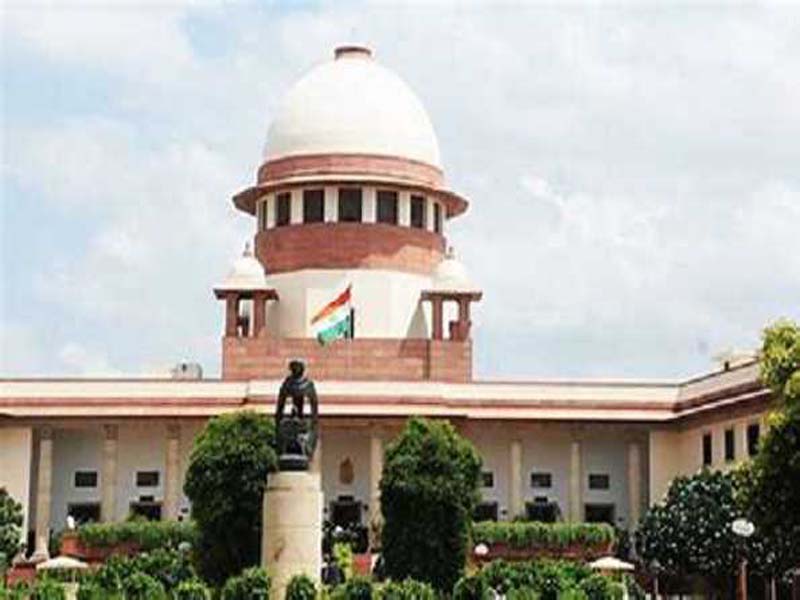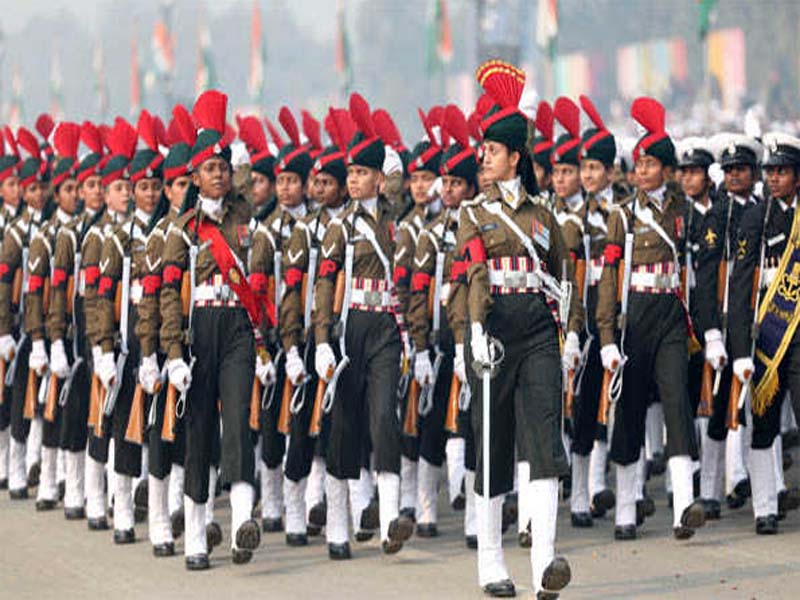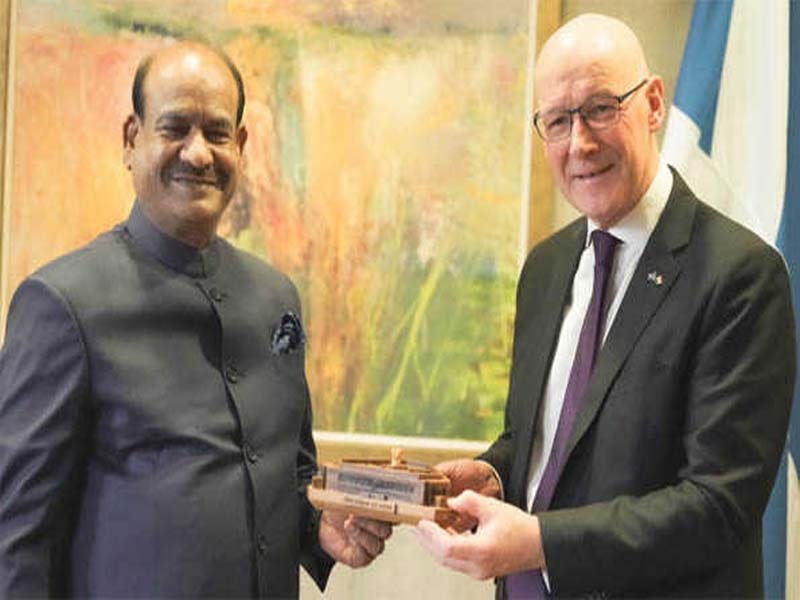When considering a claim of same-sex marriage, the Supreme Court questions whether Parliament has the authority to pass laws on marriage, divorce, and how far judges can go.
New Delhi, Apr 25 : The Supreme Court on Tuesday wondered as to how far it can go to allow recognition of same sex marriage as only Parliament is empowered to legislate on the subject of marriage, divorce, inheritance etc.
Dealing with a batch of petitions for legal sanctity to such couples, a five-judge Constitution bench presided over by Chief Justice of India (CJI) Dr Dhananjaya Yeshwant Chandrachud told the petitioners lawyer, “You cannot dispute that Parliament has the powers to interfere with the canvas covered by these petitions. It specially covers marriage and divorce. So the question really is which are the interstices left in which this court can interfere.The test really is, how far can the courts go?”
Tueday was the fourth day of the hearing of the batch of pleas. The arguments, which were inconclusive today, would resume tomorrow before the Supreme Court’s same bench.
Senior Advocate Maneka Guruswamy, representing the petitioners contended that government cannot say that this is a matter to be left to Parliament.
When fundamental rights of a community are violated, they have the right approach the constitutional court under Article 32 of the Constitution, she added.
The bench, also comprised Justices Sanjay Kishan Kaul, S Ravindra Bhat, Hima Kohli and P S Narasimha, was hearing the batch of petitions seeking a direction to the Central given to legalise same sex marriage.
Guruswamy said, “Parliament cannot be the reason to exclude us from this guarantee under the Constitution.”
The counsel also submitted that petitioners do not seek any special treatment but a mere workable interpretation of the Special Marriage Act (SMA) to recognise their relationships.
The bench, for its part, also pointed out that the SMA and personal laws are interconnected. “Hence, any changes in the SMA will have some impact on personal laws as well,” it said.
“If we read into the Special Marriage Act, there will have to be changes in other personal laws as well. There is no shying away from this,” the bench said.
The court also pointed out the SMA carved out an exception, by being neutral to religion.
The bench also sought to know if the petitioners represented the interests of entire community as there may be some persons who may want to preserve their present way of life.
“Those who wish to participate in this new definition of relationship can participate. Those who don’t want to, need not,” the counsel said.
During the hearing, the other counsel submitted every individual has a fundamental right to family and that recognition of such family should fall under Article 21 of the Constitution, irrespective of their gender identity or sexual orientation.
The Bench presided in a hybrid mode with Justices Sanjay Kishan Kaul and Ravindra Bhat presided virtually due to their personal exigencies.
Geeta Luthra, senior lawyer, appearing for one of the petitioners, said same sex couple who have solemnised a marriage abroad find that it is not recognised in India. She further submitted that marriage is the oldest social institution, which grants you invaluable rights in the society. Moreover, she submitted that marriage is not a static concept and rather it is an evolving concept.
Ms Luthra stated that 12 out of the G20 countries, including the EU, have permitted same sex marriages. Thus, India should not be lagging behind.
Jayna Kothari, senior lawyer on behalf of the transgender community, had submitted that gender identity has already been recognised in the NALSA case.
“Everyone has right to vote, right to possess a driving license, right to life and thus it shall also include right to marry. The right to marriage and the right to family should also be recognised under the right to life guaranteed under Article 21 of the Constitution of India. Family goes to the core of our being. Thus, every person which includes transgender persons and intersex persons should have the right to marriage and the right to family,” Ms Kothari said.(UNI)



